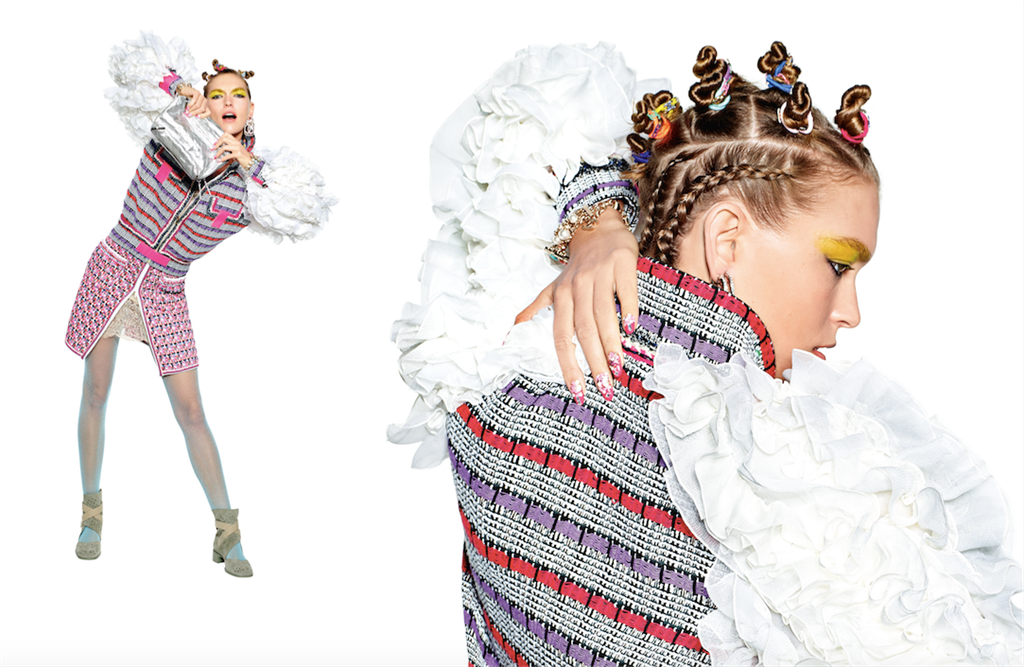In April 2016 People Magazine attributed video vixen, Blac Chyna’s Bantu knots hairstyle to Bjork in the ‘90s.
Backlash followed on Twitter in particular with most saying the hairstyle has 300 year old African roots. Ebony argues that its origins date back as far as 1898 where 300 to 600 ethnic groups within southern Africa wore their hair in this style. The style is also known as Zulu knots, as the Zulu tribe (a Bantu ethnic group) created this style.
Read more: Black Hair Salooni pop ups - celebrating the past and present of black hair
Controversy also surrounded Khloe Kardashian a few months ago when she posted a picture on Instagram of her with Bantu knots. Let’s just say, the IG community doled out some harsh cultural slaps.
One follower posted: "Oh lord, please you do not need Bantu knots for your hair. The reason why people are upset because Bantu knots are used for girls with curly or kinky hair to help keep the pattern. This hairstyle is mainly used in the black community so to have a white celebrity just come and use the style for fun just cause she thinks it's cute is slightly offending to others." - @philly_grace
Yet Kardashian failed to give much of a damn, since her pic still remains posted on her account:
In 2014, Marc Jacobs made headlines for sending his models down the ramp sporting Bantu knots. It was almost not so much the fact that it was adopted by the designer, but that many publications attributed the style to the designer and his hairstylist, Guido Palau.
The Huffington Post noted that it was named “mini buns” rather than Bantu knots.
Tutorials were even published online and in print on how to achieve this "Marc Jacobs-created" hairstyle.
Chanel also recently came under fire for presenting us with a Bantu-knotted and cornrowed Arizona Muse in their latest campaign ad for Spring 2017.
Image credit: Chanel Spring 17 campaign
So, is the problem white girls wearing Bantu knots?
No, it’s about attributing a black cultural practice to a white person: cultural appropriation 101.
Ebony featured a history of Bantu knots, featuring Banke Awopetu-McCullough, professor at Monroe Community College in Rochester, saying: “When white women rock our styles without at least giving credit, it’s another example of the ways Black women are marginalised.”
Stealing parts of another culture and appropriating it for your own use/misuse and taking credit for its metamorphosis.
Hypebae puts it bluntly, saying that this appropriation “proves the industry must reassess how to take inspiration in and appreciate other culture’s beauty traditions”.
So, the problem is fashion cashing in on something that doesn't belong to them. Something they have stolen and pulled off as their own original idea.
Read more:




 Publications
Publications
 Partners
Partners











